Socialization Guidelines for Urban Puppies
by Jennifer Wheeler and Ovidiu Stoica
Last edited on August 23, 2021
City dwellers, there are a lot of things made more difficult by the urban environment, but puppy socialization is not one of them. The diverse and exciting world to which your puppy needs to be introduced is literally at your doorstep.
The window for properly socializing a puppy is from 7 weeks to 16 weeks old, and weeks 8-12 are the most critical. Beyond 16 weeks, this window is closed for good.
Until a puppy is about 3~4 months old, curiosity outweighs fear. Puppies adapt well to meeting new people and animals; experiencing diverse places, sights, and sounds; and they have the ability to bounce back and overcome any initial doubts about an experience.
Improper socialization during this window will result in the development of life-long behavioral problems like anxiety, fear, and aggression.
To properly socialize your puppy, you have to become curator and guide, with the goal of exposing your puppy to as many weird situations, noisy and crowded environments, diverse people, and varied dogs as possible… without also introducing feelings of fear or anxiety. You are laying the foundation for a behaviorally balanced, confident adult dog.
As your puppy grows older, she will, of course, be confronted with situations that are less than friendly or comfortable. She will encounter an aggressive dog, an unfriendly person, or a scary noise. But because she was properly socialized, she will be resilient and avoid getting any psychological scars.
Socializing Your Puppy with Other Dogs
Your puppy is not yet fully vaccinated so she cannot go to the local dog run, or just interact with any dog she meets on the streets. However, this is the time she absolutely needs to be socializing with other dogs. Your job will be to facilitate and curate such social interactions for her, by providing a safe and friendly environment, where she can have daily playdates with friendly, healthy dogs, of different breeds, ages, and sizes.
Planning social interactions with other dogs is not just about fun. Your puppy is going to learn that different dogs have different personalities, what is acceptable to other dogs and what isn’t, what play looks like, and how to effectively communicate. She is going to become a social creature.
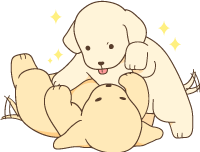
Playdates with Puppies
- Puppies must be healthy and friendly.
- Get together with puppies of varying ages, sizes, and energy levels.
- Give pups the space and time to play, explore, have fun, and form friendships.
- Older puppies will correct younger puppies with firm posturing – this is acceptable teaching behavior.
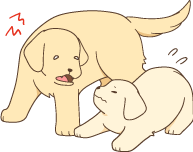
Meetings with Adult Dogs
- Screen adult dogs for friendly temperament and illness.
- These meetings can involve play, but are more about learning norms and manners.
- Sharing a space, communicating, parallel exploration, and snuggling are all learning experiences for your puppy when having a “playdate” with an adult dog.
- Your puppy should interact with dogs of different ages and sizes. However, be cautious. Senior dogs have a lot to teach, but they also often have pain in their bodies.
Your puppy should be interacting with other dogs every single day, as often as possible. Don’t forget that during this period you are setting her up for a lifetime of fun with doggy friends!
Exposure to Different Environments and People
Exposing your puppy to different environments, stimuli and people is a bit more straightforward than doggy playdates because you don’t usually have to screen for illness and temperament.
Just get your puppy out into the world! Experience as many sights, sounds, smells, and personalities as possible.
- Take her on the subway, in the car, to quiet trails and crowded city streets.
- Let her see, touch, and smell skateboarders and bikers, motorcycles, cars, and trucks.
- Take her to the ocean, the pool, out in the rain, or out in the snow.
- Introduce her to your friends and neighbors, to children, and to elderly people.
- Have your puppy meet the mailman and the bus driver, and people of every size and color.
All the while, you will be her calm and confident guide that makes her feel safe.

What do you do if your puppy shows any signs of anxiety? Incrementally get her used to whatever it is that is making her nervous. It’s okay to let her lean against you for comfort and to talk to her with a calm, neutral tone of voice… but do not pet her, and do not give her treats while she’s acting anxious, as that may actually encourage her fears.
- take her to the closest point at which she barely begins to show any anxiety and engage her in a fun activity that you already know she likes. If she can’t relax, move a little bit further away and try again. If she relaxes, move a little bit closer in.
- repeat the process every day, as often as possible, getting closer and closer to the stress-inducing stimuli, until your puppy completely ignores it.
Through this incremental process, and by remaining calm and engaging, she will become comfortable and well-socialized.
Familiarization to Handling and Gear
In addition to getting your puppy comfortable with different people, places, and dogs, you need to make her comfortable with different physical sensations. This means that she has to get used to wearing a collar, walking on a leash, and being physically handled.
As soon as you bring your little pup home, you should be handling her a lot and in many different ways – not just by petting her. You will do things that she may not like or that may seem a little odd:
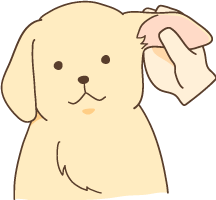
- put your fingers in her ears,
- play with her toes and paw pads,
- squeeze her nose,
- gently pull her tail
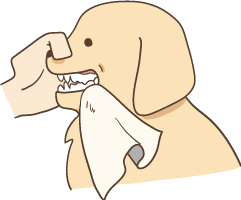
- touch her teeth, gums, and tongue,
- touch every part of her face,
- gently pull her legs back and forth,
- give her a back massage
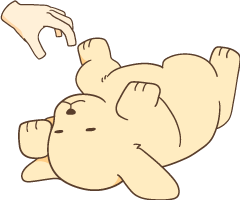
- play with her fur,
- hold her in different positions,
- roll her onto her back and give her belly rubs
Why? Because for many different reasons, over the course of her life, you are going to have to handle her in these ways. You will have to regularly clean her ears, cut her nails, brush her fur, and brush her teeth. You will have to check her fur for fleas and ticks. You may have to give her eye drops or clean a wound on her skin. You will have to bring her to the vet where she will be poked, prodded, and pulled. You may have to pull her by the tail to break up a fight. You will certainly have to pull something out of her mouth that she isn’t supposed to be chewing on.
If you have handled her in the ways we suggest, she is going to be used to it. She might not love having her nails clipped or going to the vet, but she will not be afraid because she trusts you, and she is familiar with the way these weird things feel.
Missing the Socialization Window
Many dog owners will never have the opportunity to socialize their dog during the critical 7-16-week window for the simple reason that they did not have her yet.
If you’ve adopted an older puppy or an adult dog, she may or may not have been properly socialized as a puppy, and it will probably be obvious. If she is comfortable on the city streets, and friendly and relaxed when interacting with dogs and people, she was properly socialized.
If she is anxious, fearful, or aggressive, arm yourself with patience and employ the help of a behavioral dog trainer. While you may never be able to fully extinguish these undesirable traits, you can learn strategies to manage them that will improve the life quality for you and your pup.
The Takeaway
You are an urban dog parent and a huge part of giving your city pup the best life possible is to help her experience the world with confidence and curiosity. Puppy socialization is the first and most important step in giving her the skills to do so. Get out and about, and show your new puppy the wonderful diversity of dogs, people, places, sounds, and smells that are everywhere in your city!
Stay tuned for our upcoming articles and watch our video on how we socialized our puppy:
About the author
Jennifer is a writer and graduate of NYU School of Law. Jennifer researches and writes original, science-based articles for the NYC Doggies blog, and her writing on other topics can be found in the Huffington Post. Jennifer and Ovidiu have co-authored the upcoming book, WHOLE DOG PARENTING: EVERYTHING YOU NEED TO RAISE AND TRAIN AN URBAN PUP
Ovidiu has over 25 years of experience professionally working with dogs. In 1997 he started training dogs for private clients, dog conformation shows, and Schutzhund competitions and founded NYC Doggies in 2002. Ovidiu has co-authored the upcoming book, WHOLE DOG PARENTING: EVERYTHING YOU NEED TO RAISE AND TRAIN AN URBAN PUP
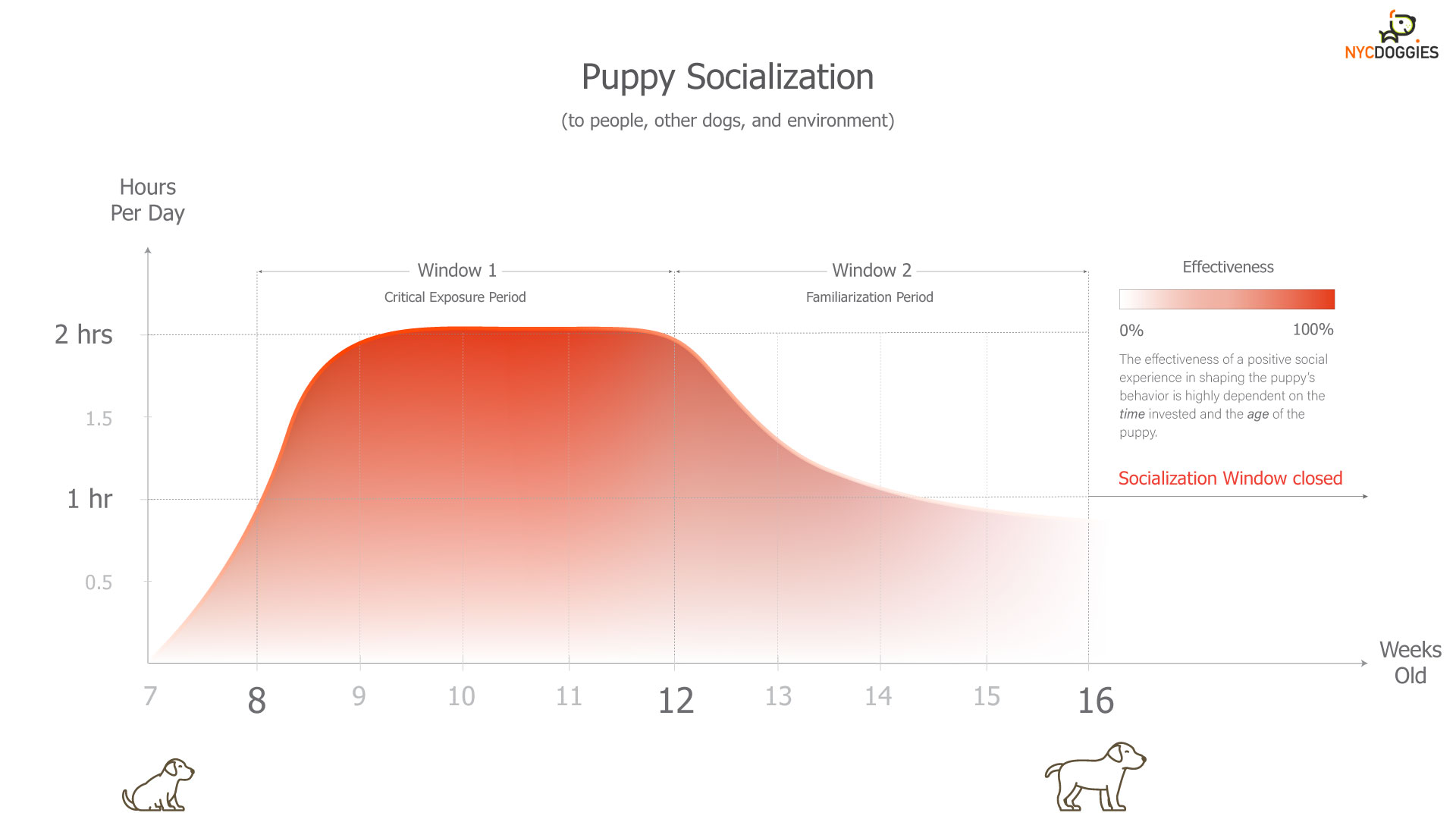

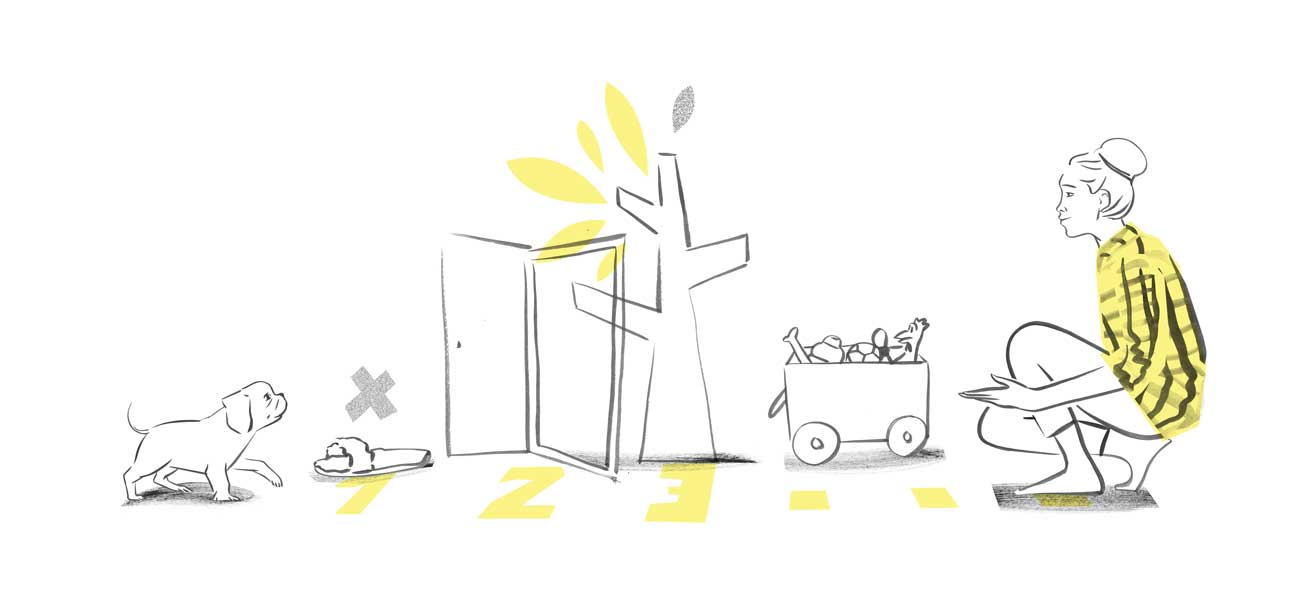
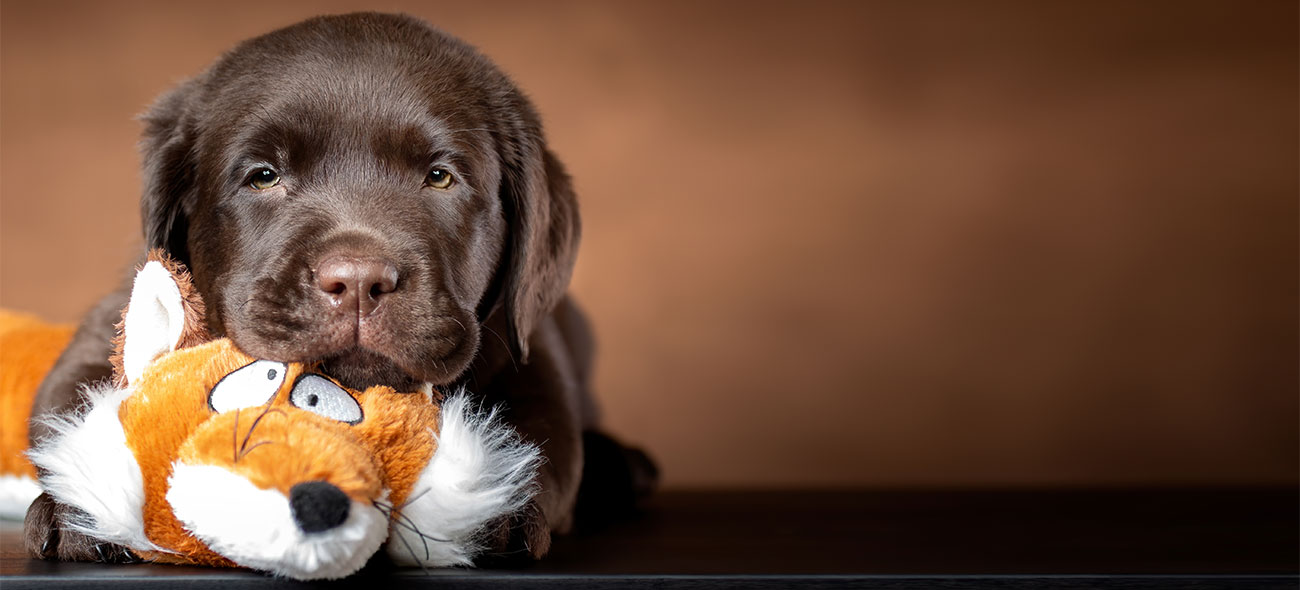
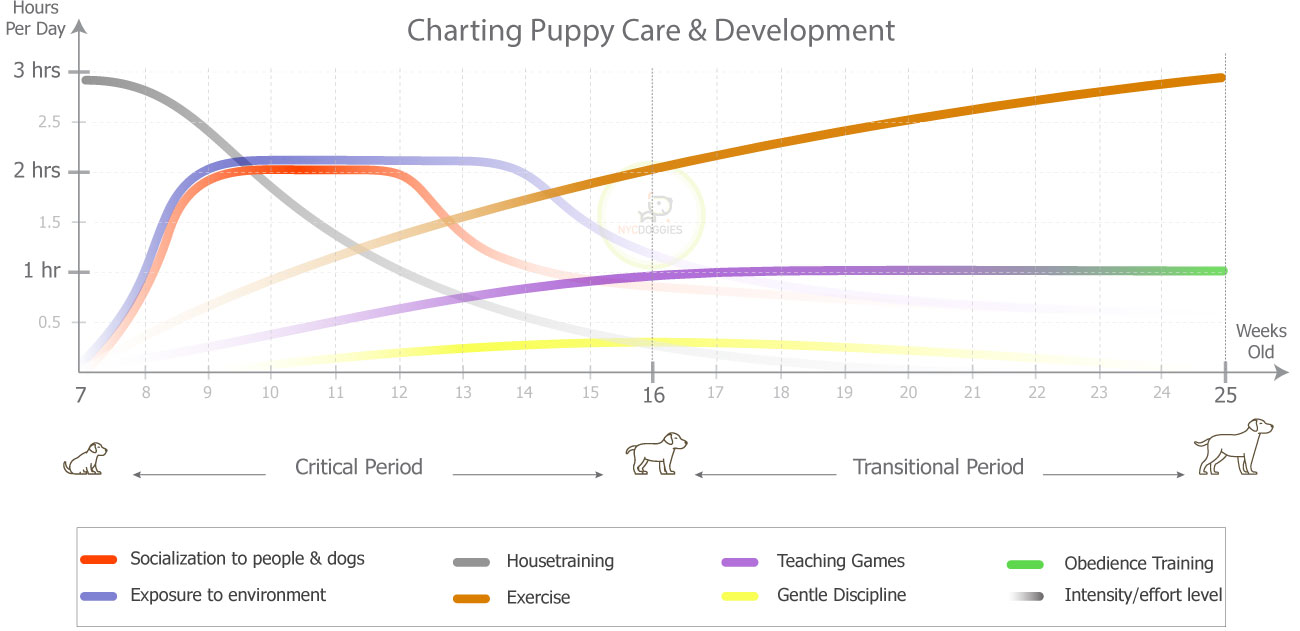
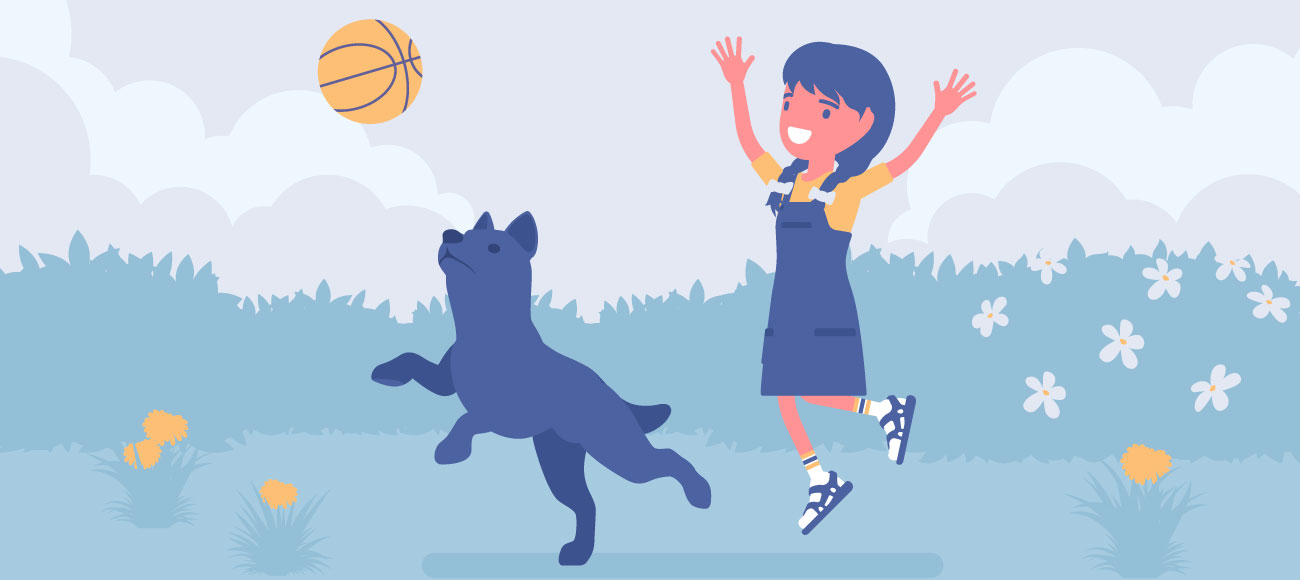
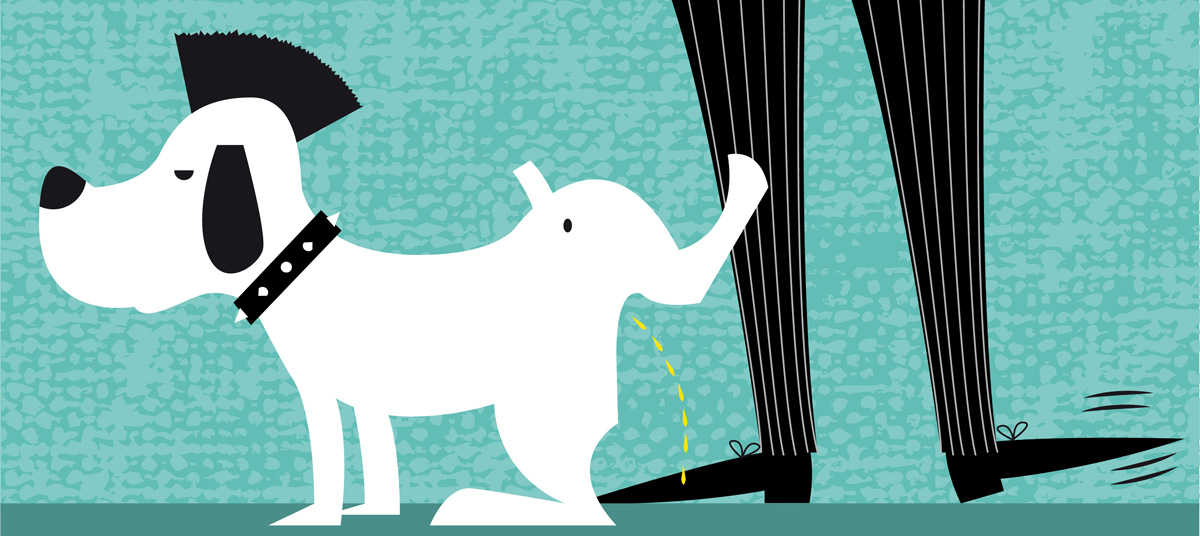
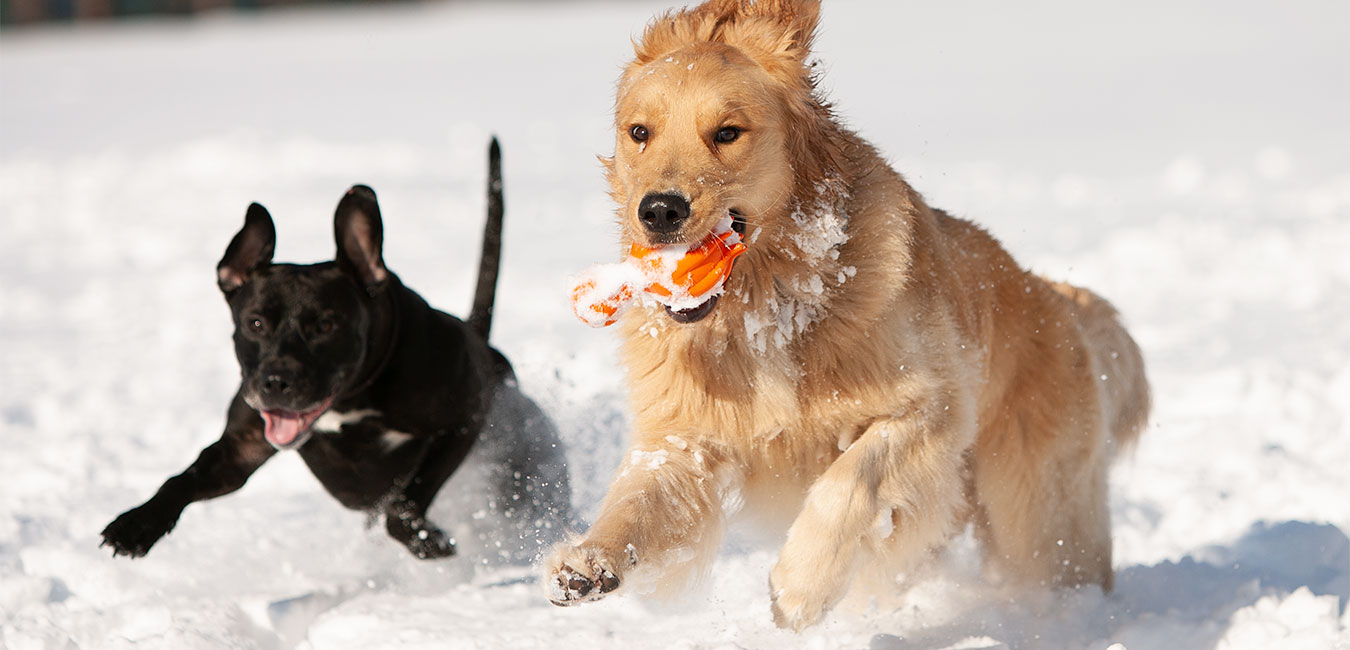
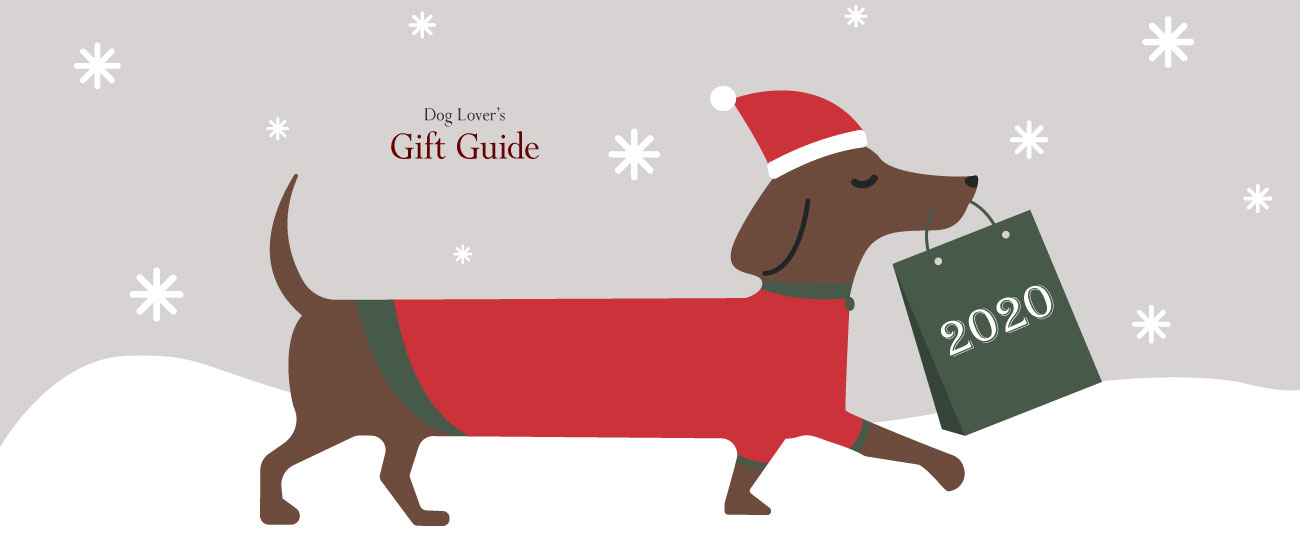
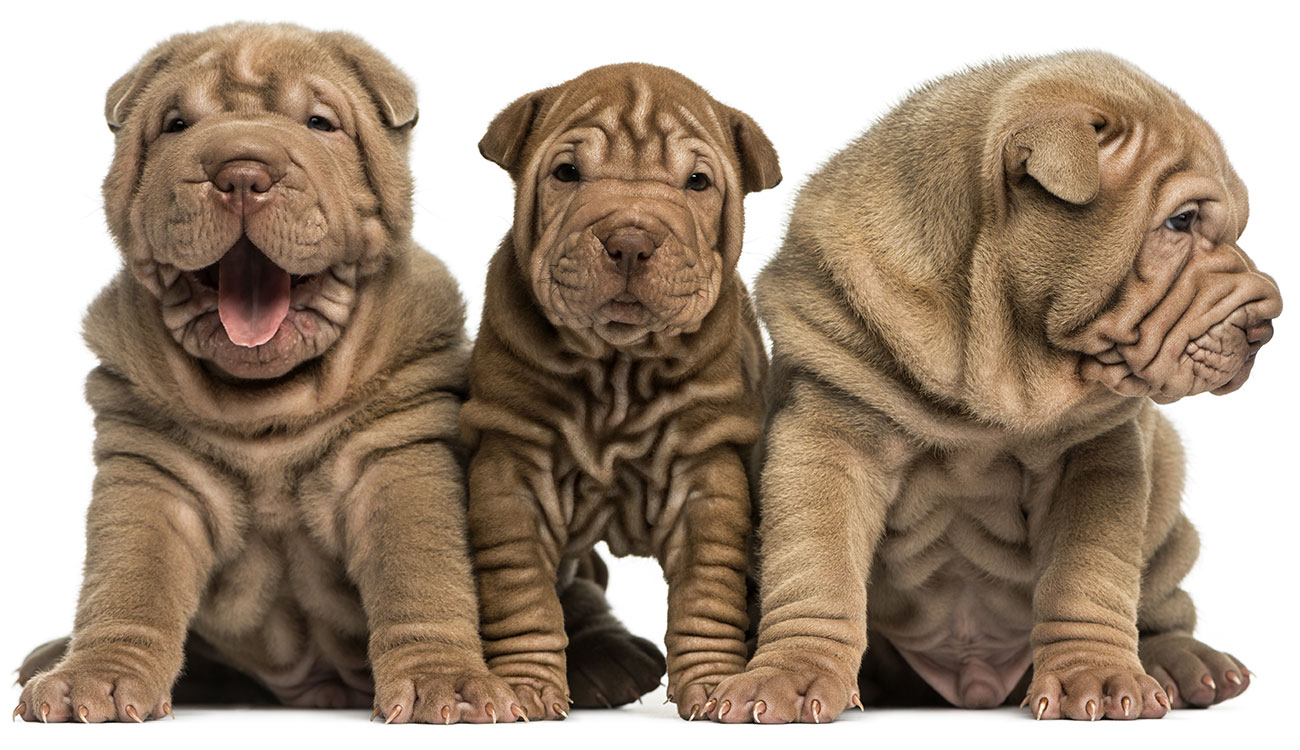
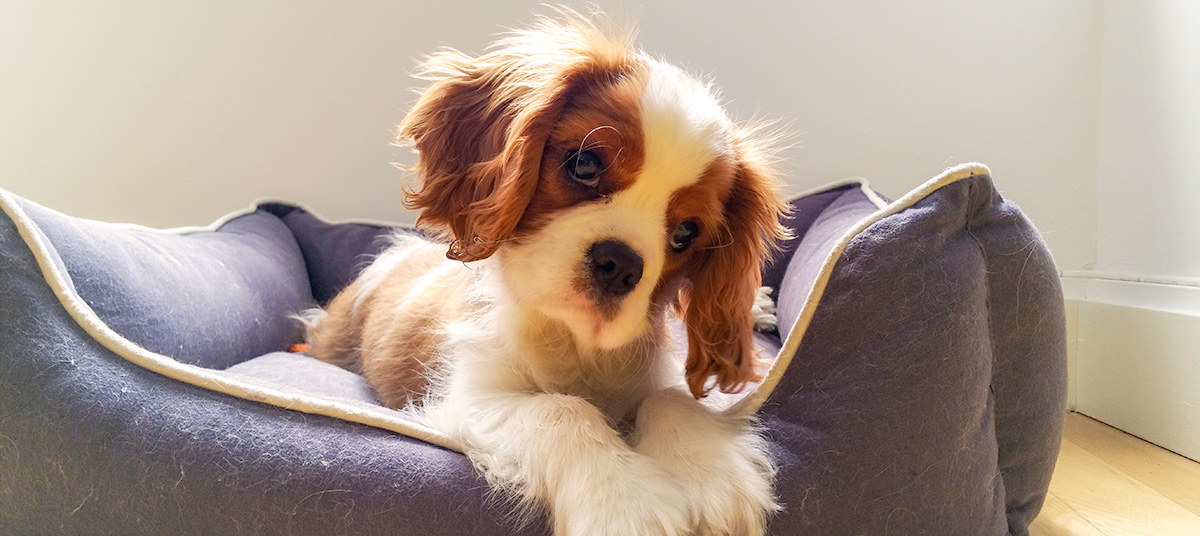
Leave A Comment